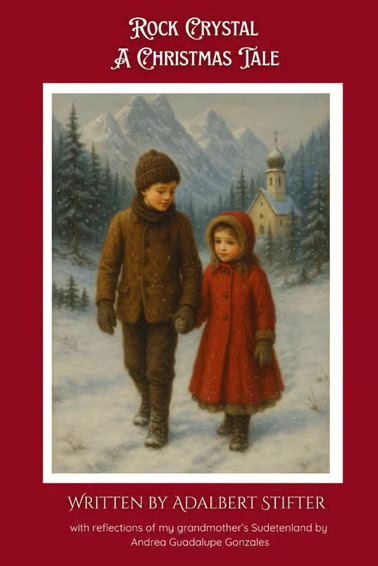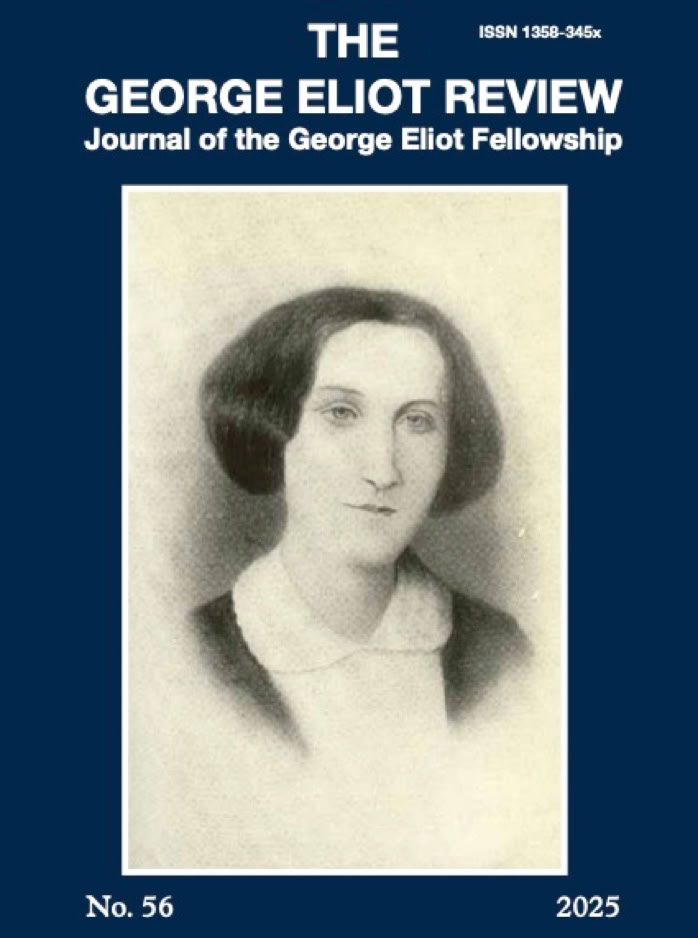Patricia Duncker is the author of Hallucinating Foucault (winner of the Dillons First Fiction Award and the McKitterick Prize in 1996), The Deadly Space Between, James Miranda Barry and Miss Webster and Chérif (shortlisted for the Commonwealth Writers' Prize in 2007). She has written two books of short fiction, Monsieur Shoushana's Lemon Trees (shortlisted for the Macmillan Silver Pen Award in 1997) and Seven Tales of Sex and Death, and a collection of essays on writing and contemporary literature, Writing on the Wall. In 2010 she published The Strange Case of the Composer and His Judge (shortlisted for the CWA Gold Dagger Award 2010 and the Green Carnation Prize 2011). Her most recent novel, the critically acclaimed Sophie and the Sibyl: A Victorian Romance (2015), was also shortlisted for the Green Carnation Award 2015.
































